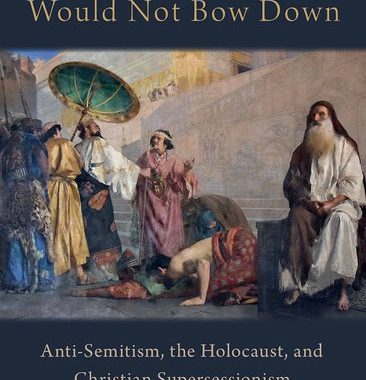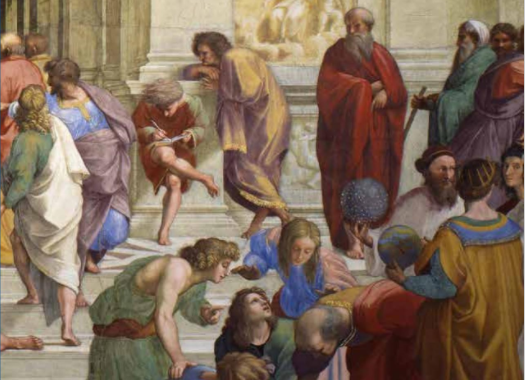“Revealing the Dagger: Holocaust Education for Medical and Law Students” by Jessica Rosh
Image by Luke Lawreszuk from Pixabay. December 9th marks the 75th anniversary of the start of the Doctors’ Trial at Nuremberg, which sought justice against twenty-three physicians and administrators for their crimes against humanity during the Holocaust. In his opening statement for the prosecution, Brigadier General Telford Taylor described “murders, tortures, and other atrocities committed…











